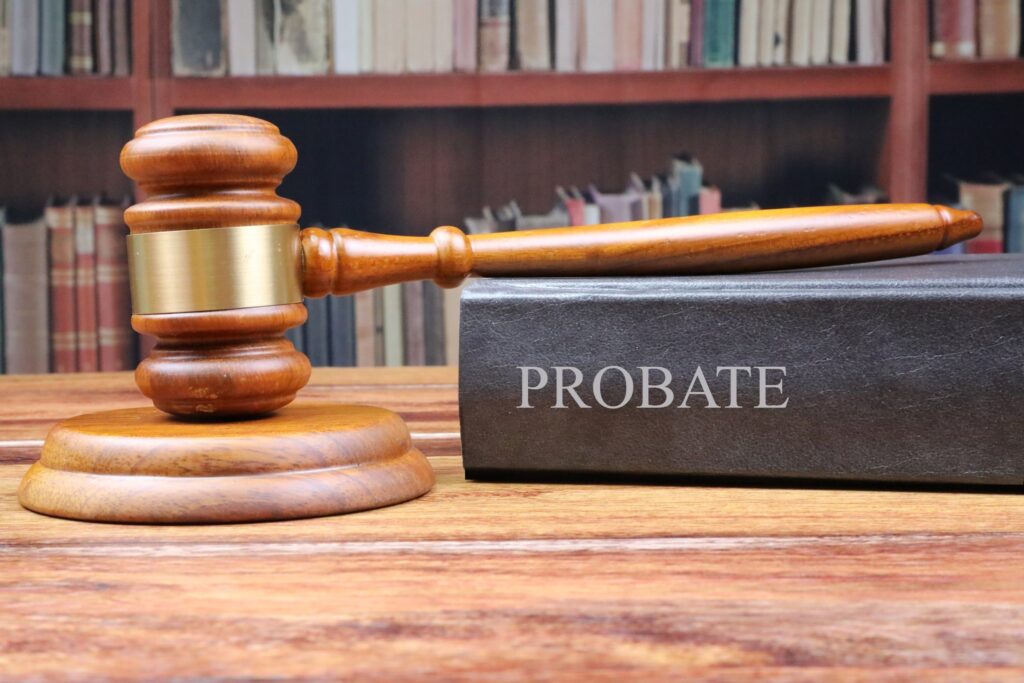How to Access Texas Probate Records Online
Accessing Texas probate records online is a straightforward process that can save time and effort. Many counties in Texas have digitized their probate records, allowing users to search for and view documents from the comfort of their homes. To begin, you can visit the official website of the county where the probate case was filed and navigate to their records section.
For example, Harris County offers an online portal where users can search for probate cases by name or case number. Additionally, some third-party websites aggregate these records, providing a user-friendly interface to access multiple counties' probate data. Always ensure that the website you are using is reputable and secure.
Understanding the Role of Executors in Probate
Executors play a crucial role in the probate process, acting as the appointed representatives of the deceased's estate. Their responsibilities include managing the estate’s assets, settling debts, and distributing property according to the will or state law if no will exists. Understanding these duties is essential for anyone named as an executor.
For instance, an executor must file the will with the probate court, notify beneficiaries, and ensure that all taxes are paid. This role can be complex and time-consuming, which is why many executors seek legal assistance to navigate their responsibilities effectively and ensure compliance with Texas probate laws.
Common Challenges in the Probate Process
The probate process can present several challenges that may complicate the distribution of an estate. Common issues include disputes among heirs, challenges to the validity of the will, and difficulties in locating assets. These challenges can prolong the probate process and increase costs.
For example, if a family member contests a will, it can lead to a lengthy court battle that delays the distribution of assets. It's advisable for individuals involved in probate to consult with an experienced attorney who can help navigate these challenges and work towards a resolution that honors the deceased's wishes.
Probate Alternatives: What You Should Know
Many individuals seek alternatives to probate to simplify the transfer of their assets after death. Options such as living trusts, joint ownership, and beneficiary designations can help bypass the probate process, saving time and money for the heirs.
For instance, assets placed in a living trust are not subject to probate, allowing for a quicker distribution to beneficiaries. Understanding these alternatives can be beneficial for individuals looking to streamline their estate planning and ensure a smooth transition of their assets without the complications of probate.
How to Access Texas Probate Records Online
Accessing Texas probate records online is a straightforward process that can save time and effort. Many counties in Texas have digitized their probate records, allowing users to search for and view documents from the comfort of their homes. To begin, you can visit the official website of the county where the probate case was filed and navigate to their records section.
For example, Harris County offers an online portal where users can search for probate cases by name or case number. Additionally, some third-party websites aggregate these records, providing a user-friendly interface to access multiple counties' probate data. Always ensure that the website you are using is reputable and secure.
Understanding the Role of Executors in Probate
Executors play a crucial role in the probate process, acting as the appointed representatives of the deceased's estate. Their responsibilities include managing the estate’s assets, settling debts, and distributing property according to the will or state law if no will exists. Understanding these duties is essential for anyone named as an executor.
For instance, an executor must file the will with the probate court, notify beneficiaries, and ensure that all taxes are paid. This role can be complex and time-consuming, which is why many executors seek legal assistance to navigate their responsibilities effectively and ensure compliance with Texas probate laws.
Common Challenges in the Probate Process
The probate process can present several challenges that may complicate the distribution of an estate. Common issues include disputes among heirs, challenges to the validity of the will, and difficulties in locating assets. These challenges can prolong the probate process and increase costs.
For example, if a family member contests a will, it can lead to a lengthy court battle that delays the distribution of assets. It's advisable for individuals involved in probate to consult with an experienced attorney who can help navigate these challenges and work towards a resolution that honors the deceased's wishes.
Probate Alternatives: What You Should Know
Many individuals seek alternatives to probate to simplify the transfer of their assets after death. Options such as living trusts, joint ownership, and beneficiary designations can help bypass the probate process, saving time and money for the heirs.
For instance, assets placed in a living trust are not subject to probate, allowing for a quicker distribution to beneficiaries. Understanding these alternatives can be beneficial for individuals looking to streamline their estate planning and ensure a smooth transition of their assets without the complications of probate.

